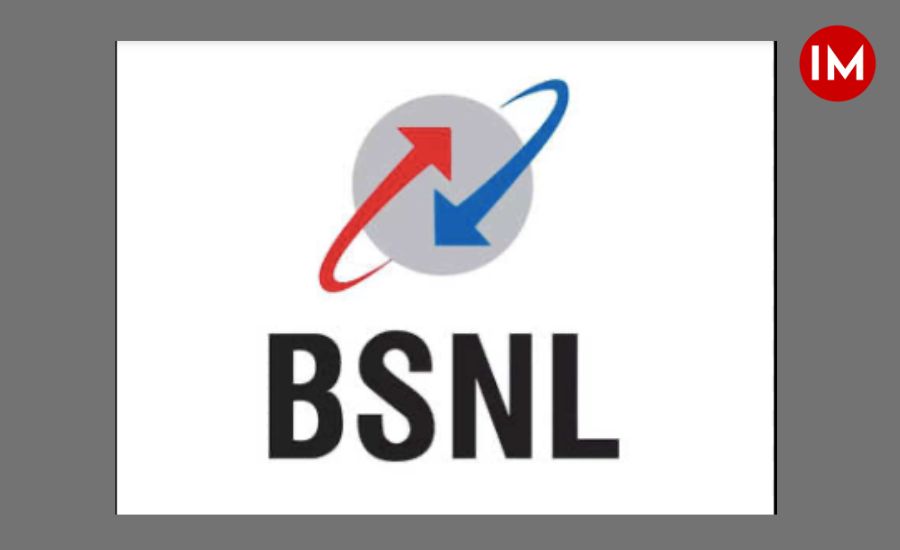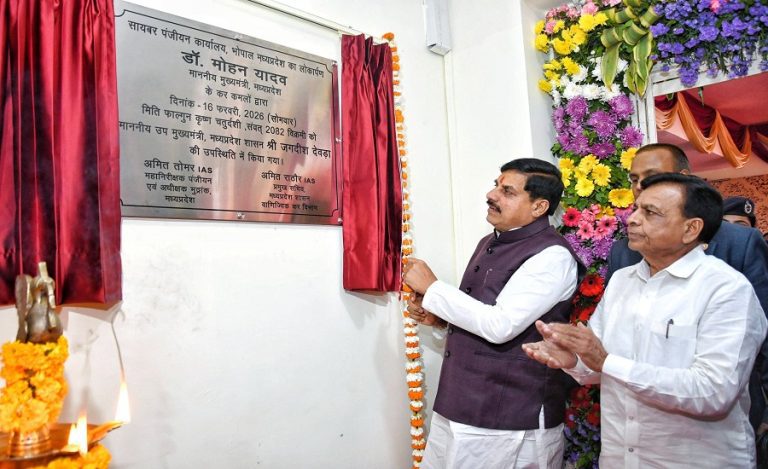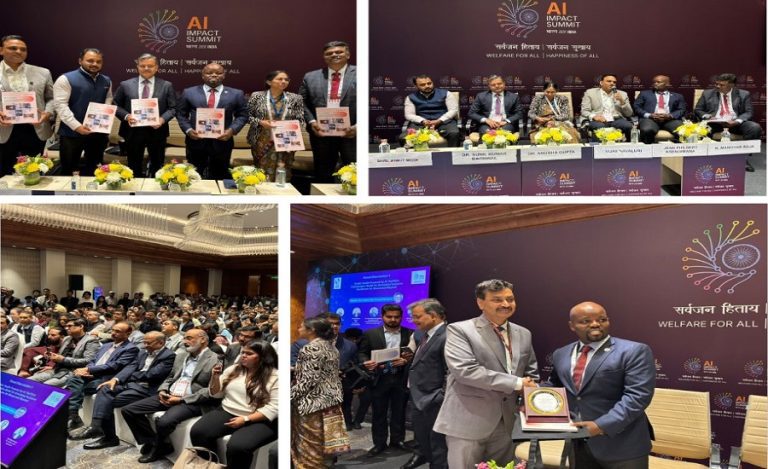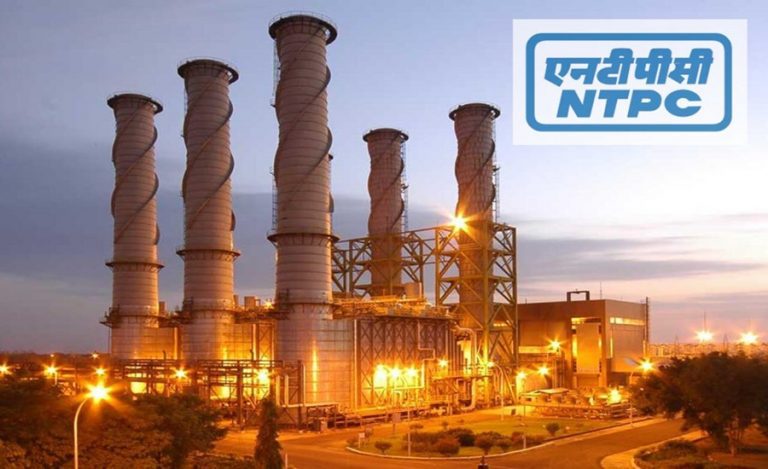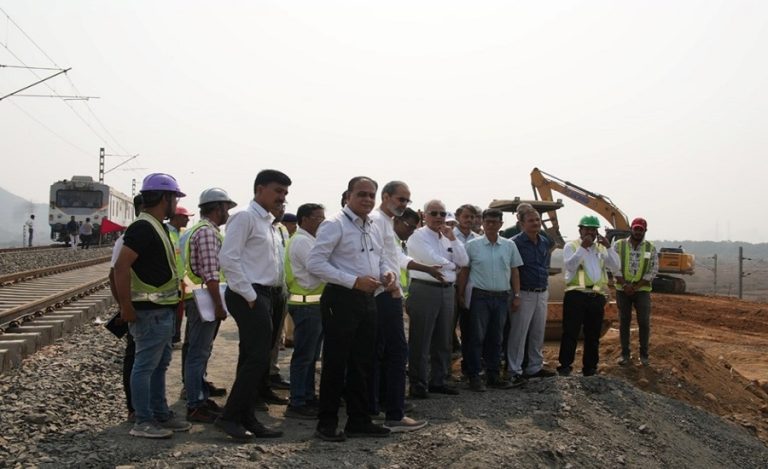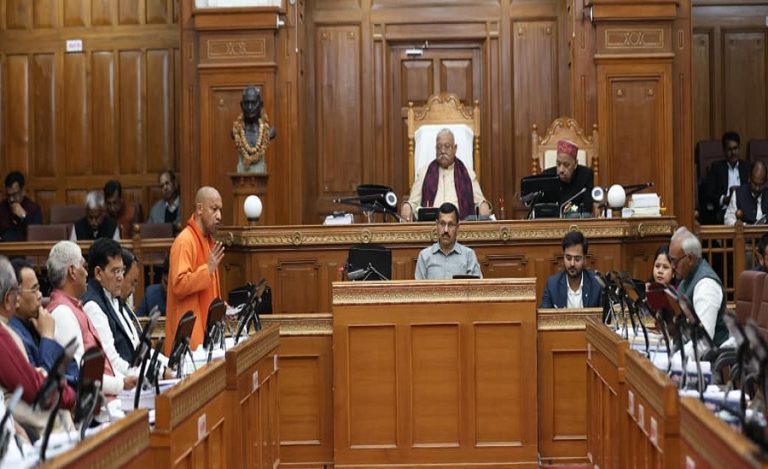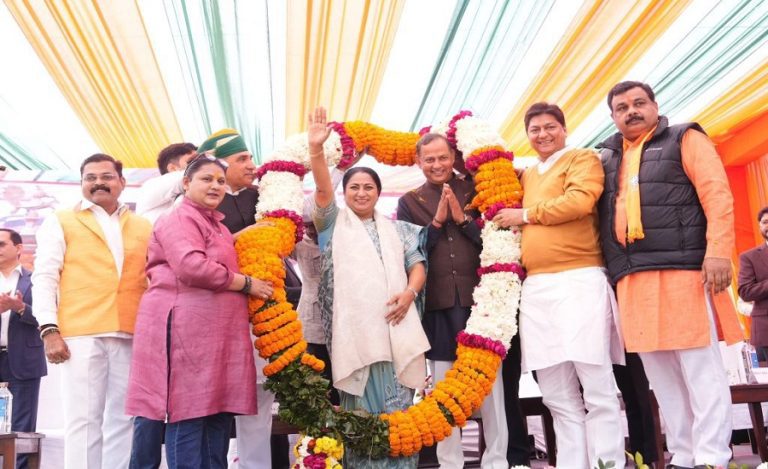New Delhi: In a landmark step towards telecom self-reliance, Union Minister for Communications and Development of North Eastern Region, Jyotiraditya M. Scindia on Friday announced the launch of Bharat Sanchar Nigam Limited’s (BSNL) indigenous 4G network, built entirely on a swadeshi technology stack and upgradable to 5G.
The project, costing over ₹37,000 crore, involves commissioning 97,500 mobile towers across the country, which will be formally inaugurated by Prime Minister Narendra Modi on September 27 at Jharsuguda, Odisha.
Scindia described the initiative as a “historic step towards Viksit Bharat”, adding that it underscores the vision of Atmanirbhar Bharat. “BSNL’s swadeshi 4G launch, powered by the C-DOT core and Tejas RAN, fully upgradable to 5G, marks a defining moment in India’s technological journey,” he said.
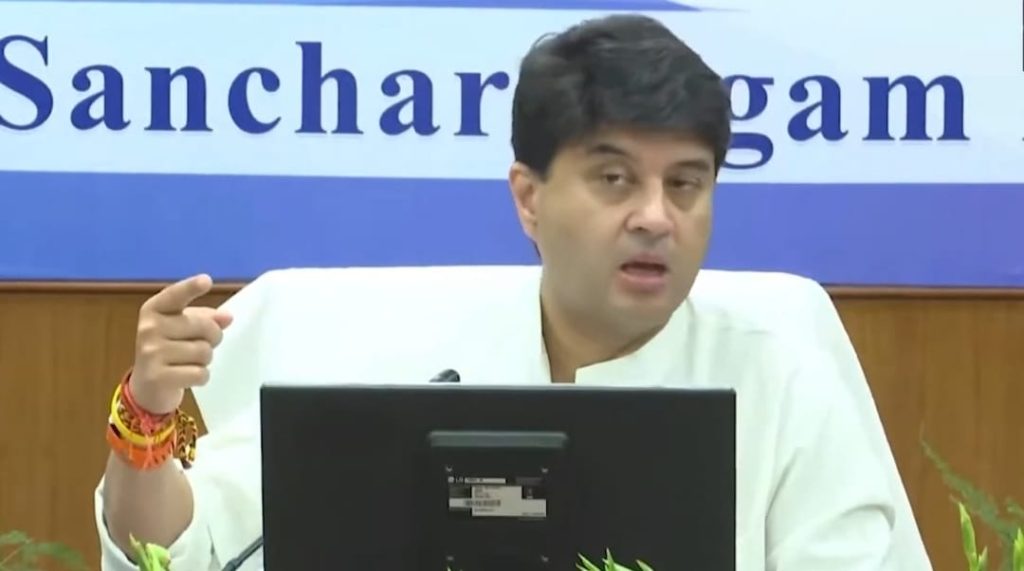
Read Also: Department of Posts and BSNL Join Hands to Expand SIM Sales and Recharge Services Nationwide
Indigenous Technology Backbone
Of the total, 92,600 towers have been installed by BSNL using India’s first fully indigenous 4G stack, featuring a Radio Access Network (RAN) developed by Tejas Networks, a core network by C-DOT, and system integration by TCS. This makes India the fifth nation globally to develop and deploy advanced telecom networks indigenously.
In addition, 4,700 towers have been deployed by Reliance Jio Infocomm Ltd (RJIL) and Bharti Airtel Ltd (BAL), while 14,180 towers under the Saturation Project have been funded through the Digital Bharat Nidhi (DBN).
Expanding Digital Inclusion
The new network is designed to extend coverage to 26,700 unconnected villages, including remote, border, and Left-Wing Extremism-affected regions. It is expected to bring 2 million new subscribers into the digital ecosystem, enabling services such as e-governance, digital payments, telemedicine, online education, and citizen-centric applications.
Scindia noted that the achievement comes during BSNL’s Silver Jubilee year, calling it “a reaffirmation of India’s capability to design, develop, and deploy advanced telecom infrastructure indigenously.” He highlighted that Indian scientists and engineers accomplished this feat in just three years, compared to decades taken by other nations.
Voices from the Sector
Telecom Secretary Dr. Neeraj Mittal emphasized the strategic significance of the move, stating, “It is imperative to develop indigenous capabilities. The 4G technology stack developed by Indian companies will position India as a product-offerings nation in the dynamically shifting telecom industry.”
A. Robert J Ravi, CMD of BSNL, said the Silver Jubilee milestone had given BSNL the opportunity to lead the country into the indigenous 4G era, reinforcing India’s telecom sovereignty and enabling seamless nationwide connectivity.
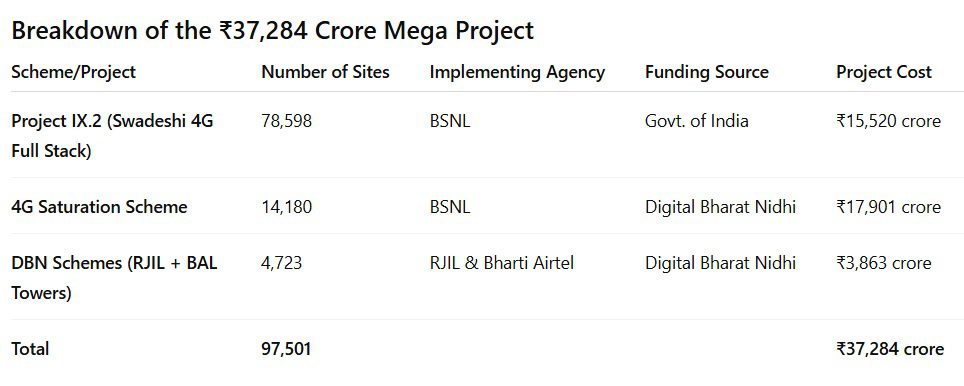
Project Cost Break-up
- Project IX.2 (Swadeshi 4G Full Stack) – 78,598 sites | BSNL | Funded by Govt. of India | ₹15,520 crore
- 4G Saturation Scheme – 14,180 sites | BSNL | Funded by DBN | ₹17,901 crore
- DBN Schemes – 4,723 sites | RJIL + BAL | Funded by DBN | ₹3,863 crore
- Total – 97,501 sites | ₹37,284 crore
Next Frontier: 5G and Beyond
With the indigenous 4G stack designed to be upgradable to 5G, this project sets the stage for India to leapfrog into next-generation networks. It opens pathways for innovation, local R&D, and participation in global telecom standards.
About BSNL
Bharat Sanchar Nigam Limited (BSNL) is a public sector telecom company under the Ministry of Communications. Known for its pan-India telecom footprint, BSNL is playing a crucial role in providing secure, indigenous, and future-ready connectivity infrastructure across sectors.

